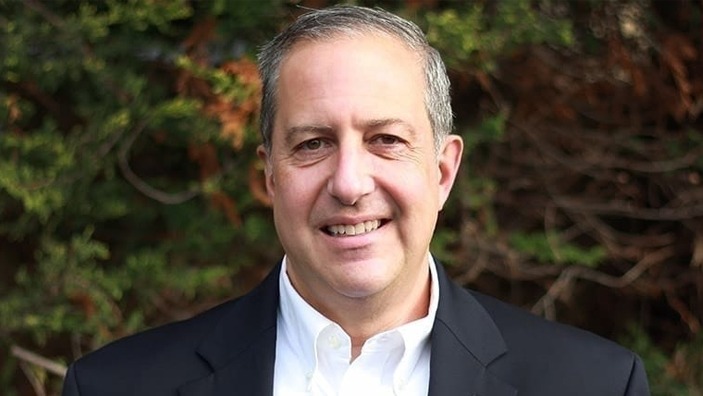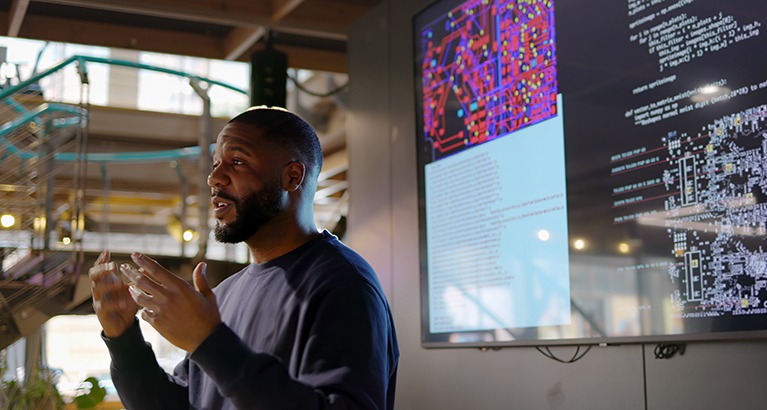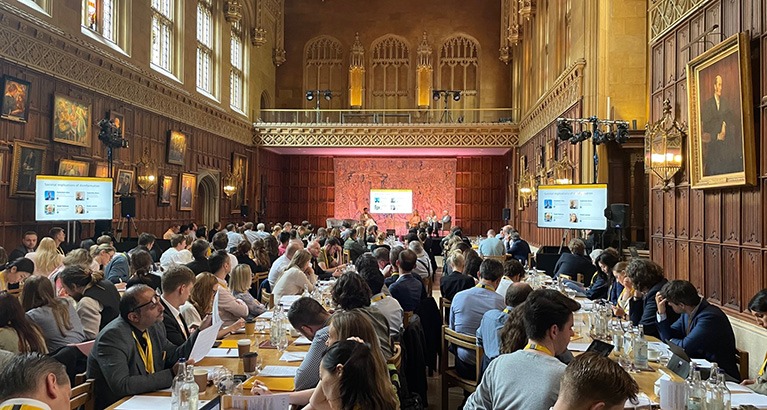
The Summit featured discussion of research papers that focus on the effectiveness of interventions designed to understand or lessen the harms from intentionally spread inaccurate or misleading information.
“I sensed that there was consensus that any legislative action that assesses or regulates online tech policies must be coordinated across nations,” said conference organiser Alan Jagolinzer, Professor of Financial Accounting at Cambridge Judge Business School. “The technology companies’ ability to bypass legislation is greater if they see enforcement as a localised issue where they have to only appease regulators from one country like Australia or Brazil.”
How legitimate grievances can breed disinformation
Another issue that was discussed at several Summit sessions is how disinformation often feeds from legitimate grievances about lack of economic and social mobility.
Lt Col Alexander Vindman, former Director for European Affairs for the US National Security Council, said that this issue follows decades of de-industrialisation in which many people were left vulnerable.
“We’re facing bigger challenges on the horizon in the next 3 to 5 years. I think the AI (artificial intelligence) revolution stands to produce jobs, but it also stands to displace many, many more jobs,” he said in a session moderated by Gillian Tett, Provost of King’s College, Cambridge, and a columnist for the Financial Times. “So, we could have another huge surge of folks who are being left out.”
The Summit looked at how cryptocurrency communities form and grow, often due to distrust of government financial structures, and how some crypto investors are exploited with disinformation.
Cambridge University Vice-Chancellor addresses the role of social norms
Professor Deborah Prentice, Vice-Chancellor of the University of Cambridge, said in a keynote address at the Summit’s dinner that people often are inactive (known in social psychology as bystander behaviour) in the face of harassment and other problematic behaviour. “Transgressions that are not punished are tolerated,” she said. “Inaction speaks about our values and who we are as a group.”
At the same time, however, she said there is some reason for hope because “social norms can reinforce the solution” and not only the problem of deleterious behaviour. “So, the community is what it can see in itself, and what we need is ways to change behaviour and we can reflect back to the community and say ‘this is who we are and here are our norms.’”
Disinformation researchers face threats
The Summit hosted 3 sessions to discuss how researchers and policymakers face online, legal, professional, and sometimes physical threat harassment when they try to understand or mitigate information-related harms.
In his opening speech, Professor Jagolinzer noted that threats exist because academic research has the potential to expose or intervene against disinformation actors’ harm campaigns. He said one common threat researchers face is reputation assassination, which is its own disinformation campaign, often leveraging false claims that research supports censorship, and false claims of research bias.
He noted that no Summit papers advocated for restricted speech and the sessions were all held under the University’s code of free speech. Professor Jagolinzer also clarified that researchers are now in an untenable position where they might appear biased, even when they are in fact independent, because they are defending against political attacks that directly threaten their independence, particularly in the US. For example, he powerfully stated: “If your actions threaten my independence, then my defence of my independence – which I will defend unapologetically – does not make me biased.”
A tale of 2 summits: raising awareness and then assessing the efficacy of efforts to fight disinformation
The inaugural Cambridge Disinformation Summit was held in 2023 to build awareness of the issue, while the second Summit focused on what researchers have learned that might reduce harms from disinformation. Papers were chosen for the Summit by a global interdisciplinary scientific committee representing many fields and expertise including AI, psychology, political science, law, business, and communications.
“The papers selected for the Summit suggest that certain interventions offer some promise,” said Alan, who is also Vice Dean for Programmes and Co-Director of the Centre for Financial Reporting and Accountability (CFRA) at Cambridge Judge. “However, we plan to further assess how well the results might hold up to other assumptions or settings, whether the potential impact is scalable, why some interventions might not show results, and whether any interventions infringe on rights such as free speech.”





